Caroline Murphy West Cork Eggs
Then
In 2015, Caroline Murphy of West Cork Eggs told Irish Country Living how she started her business with just four hens. By 2015, she had grown her flock to 1,400 feathered friends and was supplying approximately 20 shops, and five foodservice outlets.

Caroline Murphy, West Cork Eggs. \ Donal O' Leary
Now
In the last five years, Caroline’s flock has grown to 3,000 hens, with 40 customers on the books. And COVID-19 only saw demand for her eggs grow, due to the rise in home-baking and stock-piling, as well as an outbreak of avian flu in the north of Ireland, which saw supply dip nationally.
“So literally we could have sold double if not triple what we had,” says Caroline, who plans to expand her flock again in the near future. But it’s not just the hens that have kept Caroline busy. Having received great support through Network Ireland, she is now president of the west Cork branch, while she has also re-trained as a life, business and leadership mentor. Apart from her on-farm success, Caroline has also had to overcome adversity in life, having lost her daughter Leah in 2009.

West Cork Eggs. \ Donal O'Leary
Such life experience has left her with a longing to help others overcome challenges, and realise the potential that they might not always see in themselves.
“As women, I think we’re the best ones for getting in our own way and just not having the confidence to go forward and it’s a mindset thing,” she says.
“It’s kind of like, ‘This is where you are, this is where you want to be’, and helping people get their own road map to get there.”
Lorraine Aspill
Daisy Cottage Farm
Then
In 2016, Irish Country Living visited Lorraine Aspill at Daisy Cottage Café in Tinahely, Co Wicklow. Previously voted “Ireland’s hardest worker”, Lorraine was juggling the café with developing her range of award-winning bread and scone mixes; which often meant a 3am start.

Lorraine Aspill at home in her bakery and the cafe in Tinahely, Co Wicklow.
Now
While a few things have changed since we met Lorraine, one certainly hasn’t: her wake-up call.
“My ovens normally go on at 1.50am on a Saturday morning, just to make sure everything is beautiful, fresh and a lot of the time hot going down to the market,” she says.
Early starts aside, however, Lorraine feels she has a bit more work-life balance after making the decision to close the café in 2017, as the hours – and overheads – “just kept going up”.
Since then, she’s invested her energy in developing her Daisy Cottage Farm range, which includes her Blas na hÉireann award-winning scone mix, brown-bread mix, no-flour bread mix and Irish white soda bread mix.
The range is available in Lidl stores nationwide, but also online, after launching her website earlier this year; which luckily, coincided with the home-baking boom during COVID-19.
Another development during COVID-19 was what Lorraine calls “Green Saturday”. Every Saturday from 10am to 2pm, she pitches up at the green in Kiltegan to sell her treats, ranging from lemon drizzle cake to rasher, cheese and scallion sourdough.
“I find my market on the Saturday keeps me in touch with people,” says Lorraine. “I like to be out and about.”
In the meantime, she is also writing a thesis, having returned to college in 2018 to complete a masters in gastronomy.
“It is a fantastic course,” says Lorraine. “It helped me put it into focus that I’m not just a little artisan baker out in the middle of nowhere; I’m part of a bigger picture.”
Then
In 2010, Irish Country Living met Tyrone-born designer, Fiona Heaney, who established Fee G in 2003, blazing a trail of colour through the Irish fashion scene.

Fiona Heaney of Fee G.
Now
When the country went into lockdown, Fiona did what she knew best: put her head down to design the Fee G spring/summer 2021 collection.
“I went, ‘I’m just going to make it the most colourful, positive, fun collection that I have designed in years,’” says Fiona, who works a year ahead.
Since 2010, Fee G has grown to become one of Ireland’s leading fashion brands, with stockists nationwide; though Fiona explains that the brand has moved away from “top table” styles to more versatile pieces. “So you can wear a dress with a denim jacket and a pair of trainers; but you can still wear that dress accessorised with your high heels and clutch bag and go off to a wedding,” she says.
Although the spring-summer 2020 collection had been delivered to boutiques prior to lockdown, COVID-19 presented some challenges when it came to producing autumn-winter, like sourcing fabrics from French and Italian mills.
But while many of us have been living in loungewear, Fiona thinks people are ready to get dressed up now and again, while still being comfortable.
“Our autumn-winter collection has pieces you can wear to the office right through to Saturday afternoon, going out for a cup of coffee,” says Fiona.
Looking forward to 2021, buyers are “really cautious”, but she is hopeful that as we learn to live with the virus, we will still find ways to celebrate; in style.
“I think that people will really enjoy getting dressed up and will really make the effort … whether there’s 15 people there or there’s 50,” she says. “I’m certainly hoping they will, which is why I’m keeping designing and trying to remain positive.”
Read more
From city chic to country chick
'I went back to what I do: I baked' - Lorraine Aspill
Caroline Murphy West Cork Eggs
Then
In 2015, Caroline Murphy of West Cork Eggs told Irish Country Living how she started her business with just four hens. By 2015, she had grown her flock to 1,400 feathered friends and was supplying approximately 20 shops, and five foodservice outlets.

Caroline Murphy, West Cork Eggs. \ Donal O' Leary
Now
In the last five years, Caroline’s flock has grown to 3,000 hens, with 40 customers on the books. And COVID-19 only saw demand for her eggs grow, due to the rise in home-baking and stock-piling, as well as an outbreak of avian flu in the north of Ireland, which saw supply dip nationally.
“So literally we could have sold double if not triple what we had,” says Caroline, who plans to expand her flock again in the near future. But it’s not just the hens that have kept Caroline busy. Having received great support through Network Ireland, she is now president of the west Cork branch, while she has also re-trained as a life, business and leadership mentor. Apart from her on-farm success, Caroline has also had to overcome adversity in life, having lost her daughter Leah in 2009.

West Cork Eggs. \ Donal O'Leary
Such life experience has left her with a longing to help others overcome challenges, and realise the potential that they might not always see in themselves.
“As women, I think we’re the best ones for getting in our own way and just not having the confidence to go forward and it’s a mindset thing,” she says.
“It’s kind of like, ‘This is where you are, this is where you want to be’, and helping people get their own road map to get there.”
Lorraine Aspill
Daisy Cottage Farm
Then
In 2016, Irish Country Living visited Lorraine Aspill at Daisy Cottage Café in Tinahely, Co Wicklow. Previously voted “Ireland’s hardest worker”, Lorraine was juggling the café with developing her range of award-winning bread and scone mixes; which often meant a 3am start.

Lorraine Aspill at home in her bakery and the cafe in Tinahely, Co Wicklow.
Now
While a few things have changed since we met Lorraine, one certainly hasn’t: her wake-up call.
“My ovens normally go on at 1.50am on a Saturday morning, just to make sure everything is beautiful, fresh and a lot of the time hot going down to the market,” she says.
Early starts aside, however, Lorraine feels she has a bit more work-life balance after making the decision to close the café in 2017, as the hours – and overheads – “just kept going up”.
Since then, she’s invested her energy in developing her Daisy Cottage Farm range, which includes her Blas na hÉireann award-winning scone mix, brown-bread mix, no-flour bread mix and Irish white soda bread mix.
The range is available in Lidl stores nationwide, but also online, after launching her website earlier this year; which luckily, coincided with the home-baking boom during COVID-19.
Another development during COVID-19 was what Lorraine calls “Green Saturday”. Every Saturday from 10am to 2pm, she pitches up at the green in Kiltegan to sell her treats, ranging from lemon drizzle cake to rasher, cheese and scallion sourdough.
“I find my market on the Saturday keeps me in touch with people,” says Lorraine. “I like to be out and about.”
In the meantime, she is also writing a thesis, having returned to college in 2018 to complete a masters in gastronomy.
“It is a fantastic course,” says Lorraine. “It helped me put it into focus that I’m not just a little artisan baker out in the middle of nowhere; I’m part of a bigger picture.”
Then
In 2010, Irish Country Living met Tyrone-born designer, Fiona Heaney, who established Fee G in 2003, blazing a trail of colour through the Irish fashion scene.

Fiona Heaney of Fee G.
Now
When the country went into lockdown, Fiona did what she knew best: put her head down to design the Fee G spring/summer 2021 collection.
“I went, ‘I’m just going to make it the most colourful, positive, fun collection that I have designed in years,’” says Fiona, who works a year ahead.
Since 2010, Fee G has grown to become one of Ireland’s leading fashion brands, with stockists nationwide; though Fiona explains that the brand has moved away from “top table” styles to more versatile pieces. “So you can wear a dress with a denim jacket and a pair of trainers; but you can still wear that dress accessorised with your high heels and clutch bag and go off to a wedding,” she says.
Although the spring-summer 2020 collection had been delivered to boutiques prior to lockdown, COVID-19 presented some challenges when it came to producing autumn-winter, like sourcing fabrics from French and Italian mills.
But while many of us have been living in loungewear, Fiona thinks people are ready to get dressed up now and again, while still being comfortable.
“Our autumn-winter collection has pieces you can wear to the office right through to Saturday afternoon, going out for a cup of coffee,” says Fiona.
Looking forward to 2021, buyers are “really cautious”, but she is hopeful that as we learn to live with the virus, we will still find ways to celebrate; in style.
“I think that people will really enjoy getting dressed up and will really make the effort … whether there’s 15 people there or there’s 50,” she says. “I’m certainly hoping they will, which is why I’m keeping designing and trying to remain positive.”
Read more
From city chic to country chick
'I went back to what I do: I baked' - Lorraine Aspill











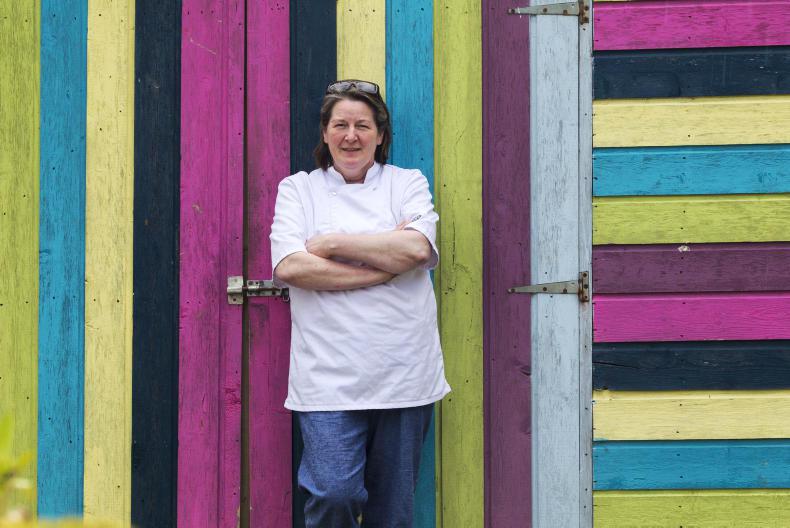
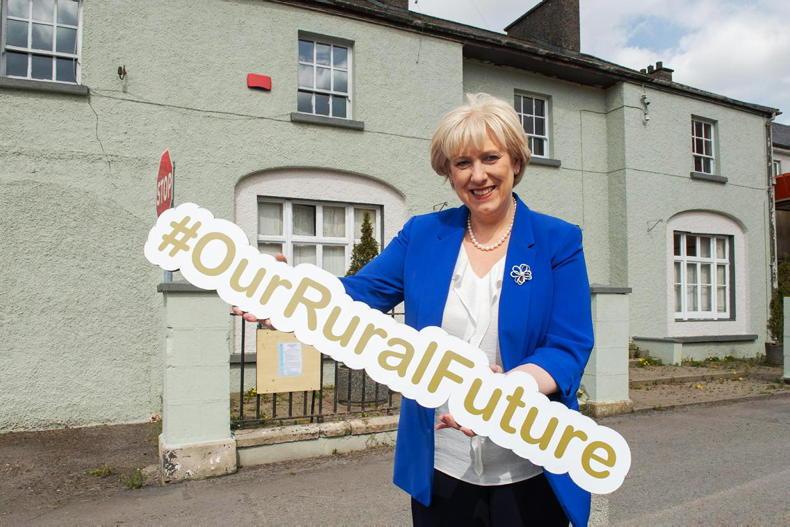
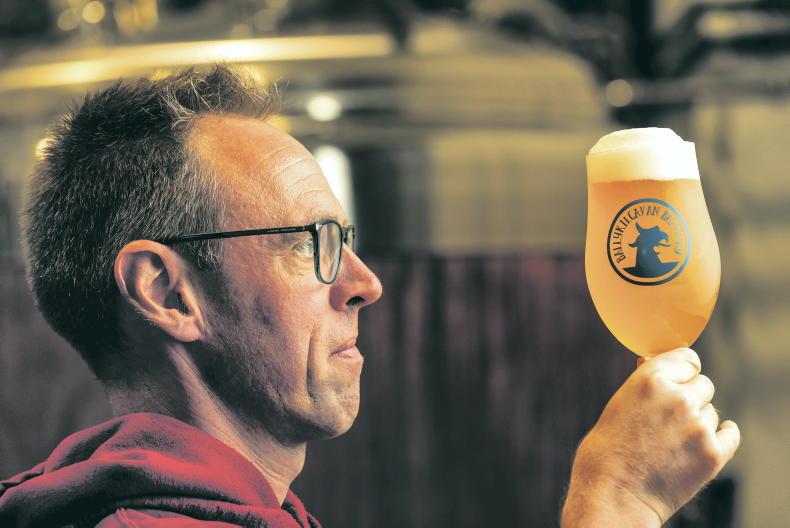
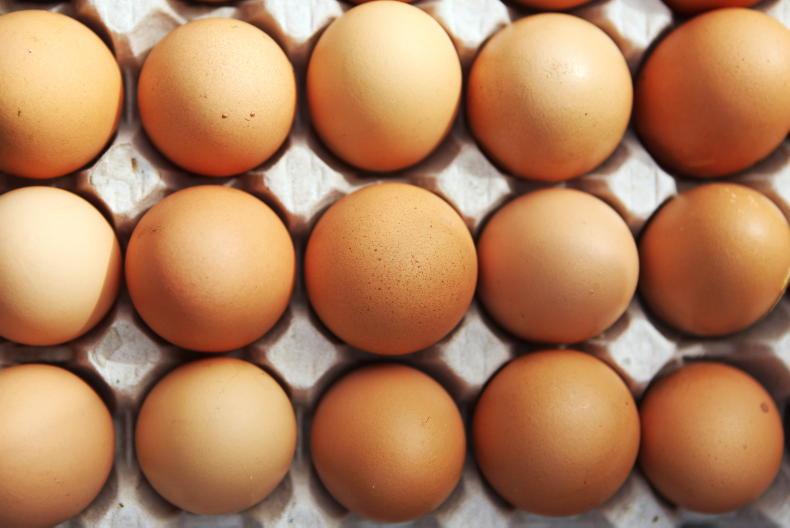
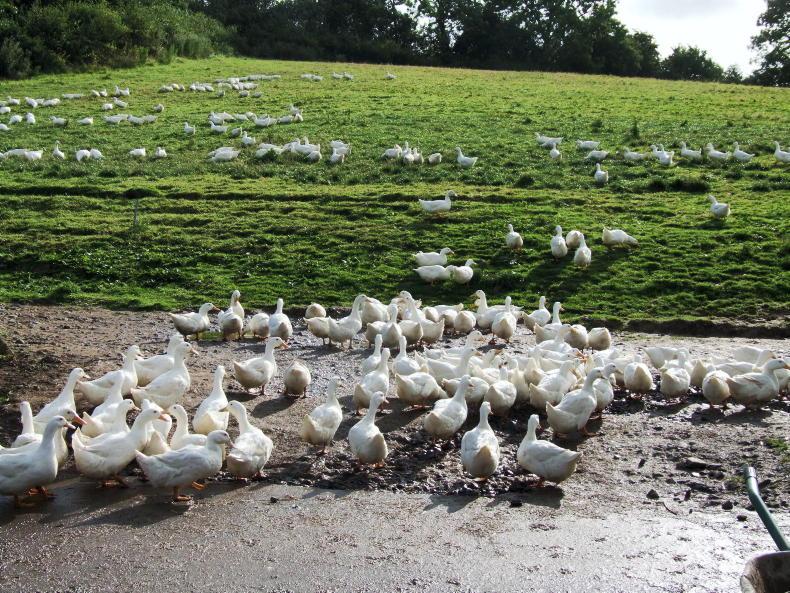
SHARING OPTIONS